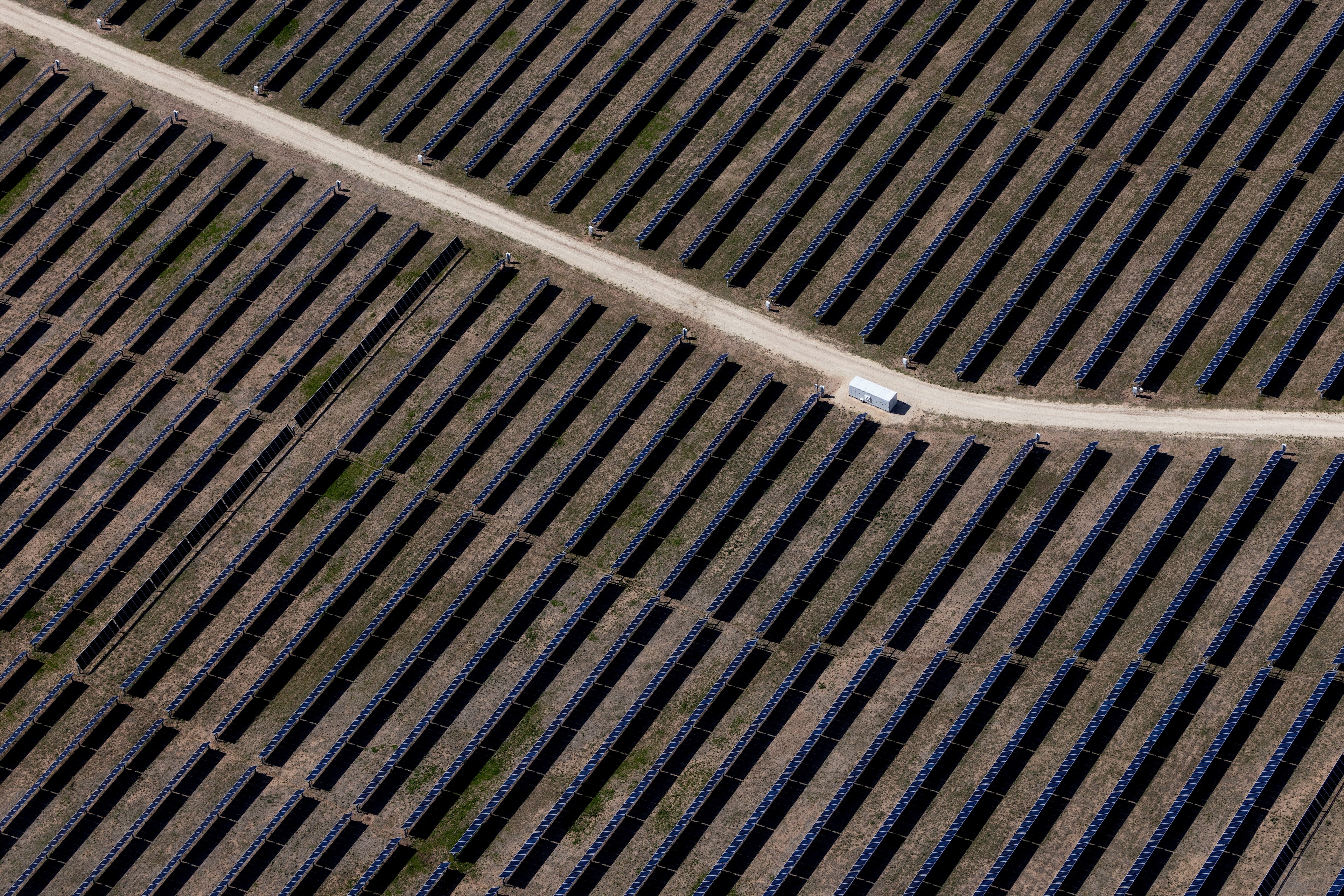This furloughed Londoner started her own business upcycling rubbish in the Thames
Flora Blathwayt collects plastics washed up on the banks of the river Thames, for her greetings cards.
Image: REUTERS/Tom Nicholson
Stay up to date:
Plastic Pollution
- Flora Blathwayt founded a business based on upcycling rubbish she retrieves from the banks of the River Thames.
- Blathwayt decorates greeting cards with bits of plastic and other items she collects, and then sells them on.
- She started her business while being furloughed from her old job during the COVID-19 lockdowns.
- She now works on the cards alongside a part-time job for a company selling packaging made from seaweed.
Furloughed from her job and confined to London by coronavirus lockdowns, Flora Blathwayt founded a business based on rubbish she retrieves from the muddy banks of the River Thames.
Just over a year after she was struck by the colourful pieces of plastic she collected as part of a river clean-up, the 34-year-old has made and sold thousands of greetings cards decorated with them.
When she moved to Peckham in south-east London, she sent a batch of plastic-decorated cards to nearby residents offering help if they were shielding from COVID-19.
"They were all the first washed-up cards," she said. "Some of my neighbours were like 'these are amazing, you should start selling these'," she told Reuters.
She now works on the cards alongside a part-time job for a company selling packaging made from seaweed which she joined after being furloughed by, and then made redundant from, a business that makes sauces from unwanted fruit and vegetables.
A geography graduate, she had no formal art training but enjoys being outside and finding new potential in old buttons or plastic straws while cleaning the river bank for a local environmental charity.
"I can't get out to the countryside ... because we've been stuck in London, so the Thames has become a sort of lovely sanctuary for me, and going out and doing something positive while you're there ... yeah, it makes you feel doubly good."
She normally makes hundreds of cards a month, although last month she made several thousand to meet a surge in orders after her story appeared in British media. Blathwayt sees her success as part of a wider movement.
What is the World Economic Forum doing about the circular economy?
"I think the way forward will be people making things and starting businesses which don't have so much impact on the environment, whether it's reusing something, whether it's upcycling something, whether it's making something from waste. I think that's the way forward," she said.
"So I hope people are going to do more and more - and they are. I'm by no means the first."
Accept our marketing cookies to access this content.
These cookies are currently disabled in your browser.
Don't miss any update on this topic
Create a free account and access your personalized content collection with our latest publications and analyses.
License and Republishing
World Economic Forum articles may be republished in accordance with the Creative Commons Attribution-NonCommercial-NoDerivatives 4.0 International Public License, and in accordance with our Terms of Use.
The views expressed in this article are those of the author alone and not the World Economic Forum.
Related topics:
Forum Stories newsletter
Bringing you weekly curated insights and analysis on the global issues that matter.
More on Nature and BiodiversitySee all
Elena Raevskikh and Giovanna Di Mauro
July 23, 2025
Arunabha Ghosh and Jane Nelson
July 22, 2025
Sebastian Buckup and Beth Bovis
July 10, 2025





